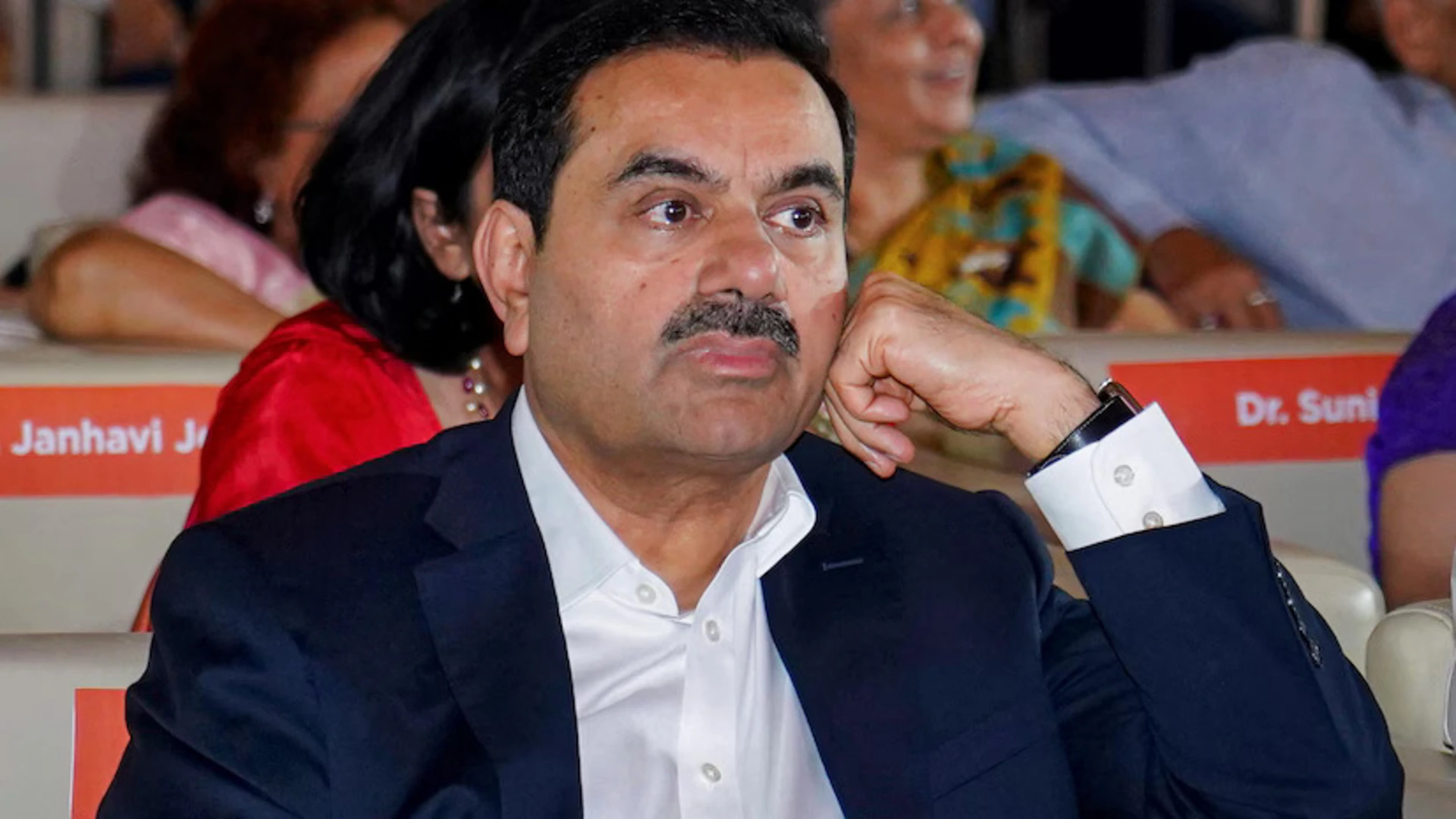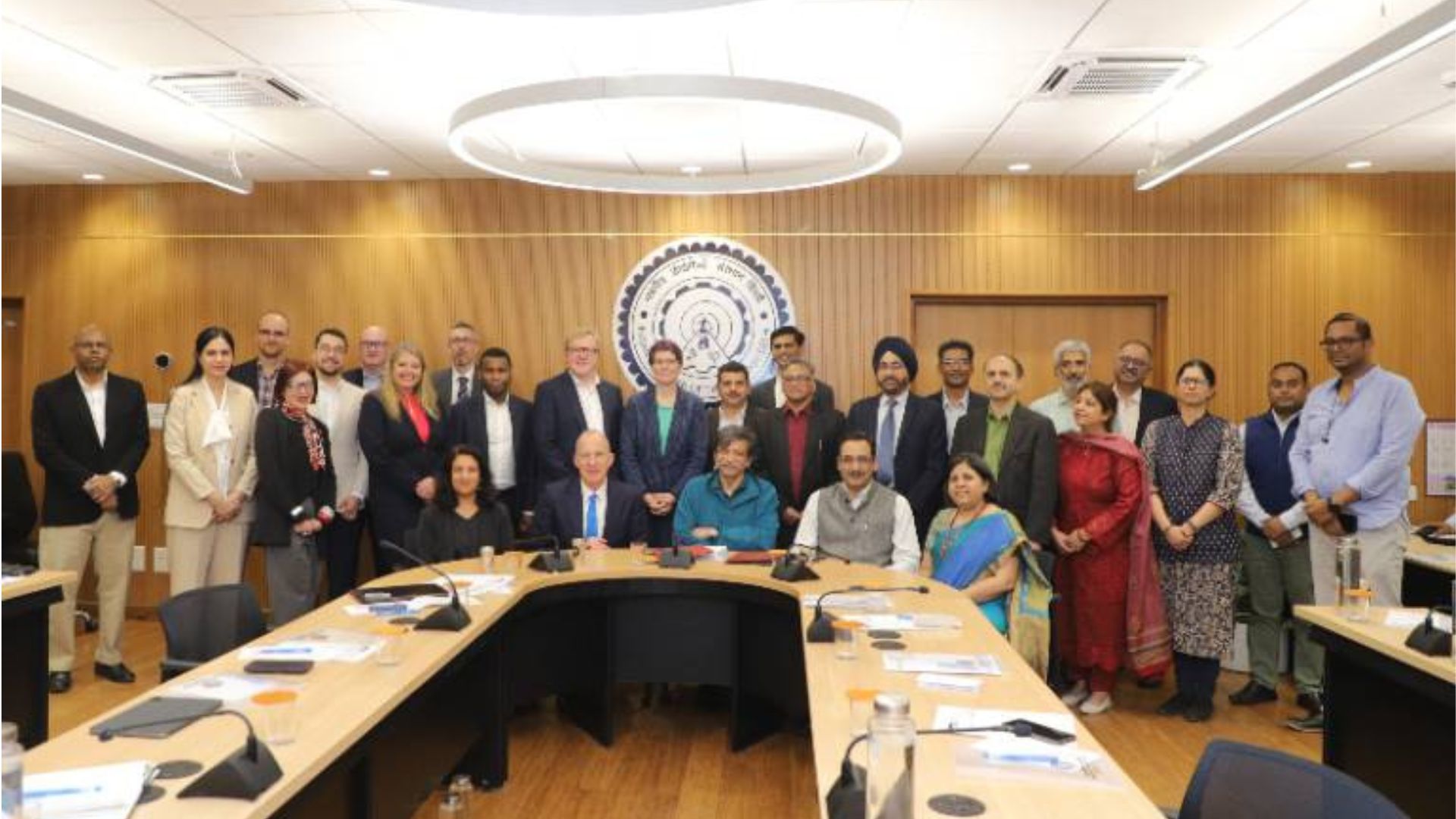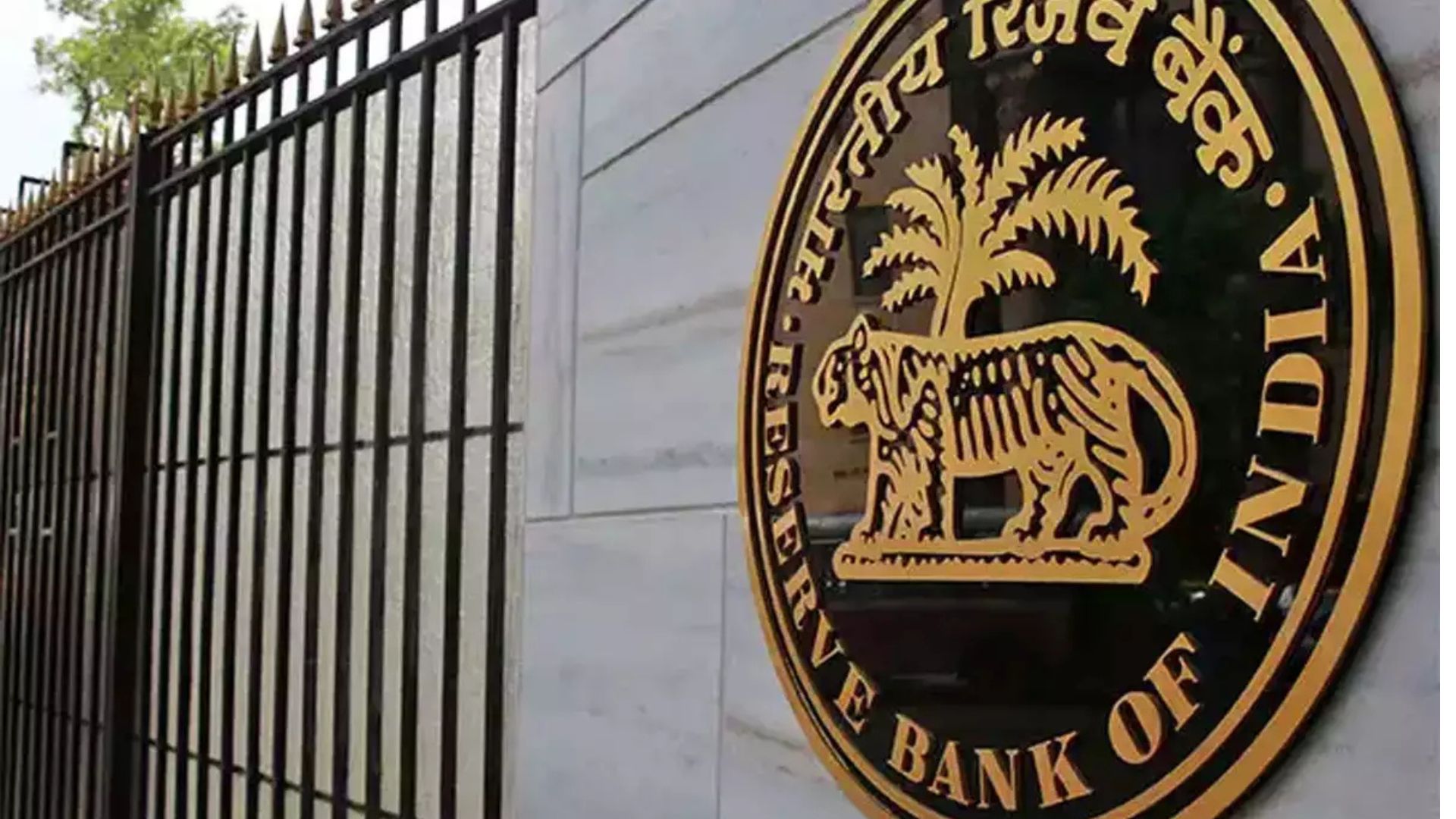
Dabur India claimed that while ethylene oxide treatment is conducted for international markets within certain bounds, it is not applied for home markets when producing masala goods.
The reaction from Dabur’s management comes after popular Indian spice blends like MDH and Everest were recently outlawed in Singapore and Hong Kong because of elevated ethylene oxide levels—a chemical known to cause cancer—in the blends. This has led to an investigation of Indian spice companies by the US Food and Drug Administration (FDA) and the Australian Food Safety Authority.
In a conference call following its earnings, Dabur said that its line of masala products, which includes the Badshah brand, had not been banned anywhere. The Indian Spice Board oversees exports and makes sure that the required criteria are met, including ethylene oxide treatment that doesn’t exceed set limitations.
Mohit Malhotra, CEO of Dabur, emphasized compliance with prescribed limits, asserting, “We are within the prescribed limits. So we think we are on the safer side.”
In terms of quality control, Dabur has established a micro lab to sterilize export batches, opting for steam sterilization instead of ethylene oxide. Regarding regulatory compliance, the company strictly follows guidelines set by the domestic regulatory body, Food Safety and Standards Authority of India (FSSAI), which does not mandate ethylene oxide usage domestically.
However, the company acknowledged challenges posed by recent reductions in limits by the EU. Despite acquiring Badshah Masala, operating in ground and blended spices and seasonings, Dabur sees limited upside due to the issue, posing no new opportunities for their spice portfolio.
The company expressed hope that the industry would move past this issue, allowing for overall market growth. Badshah witnessed over 20 percent growth last year, partly due to price adjustments and increased volume.
Though deflation has started in the spice market, Dabur remains optimistic about margin increases in their Badshah portfolio. Dabur India reported a consolidated net profit of Rs 341.22 crore for the March quarter, marking a 16.5 percent growth from the previous financial year. Total revenue for Q4FY24 was Rs 2,814.64 crore, up 5.11 percent from the year-ago quarter.















